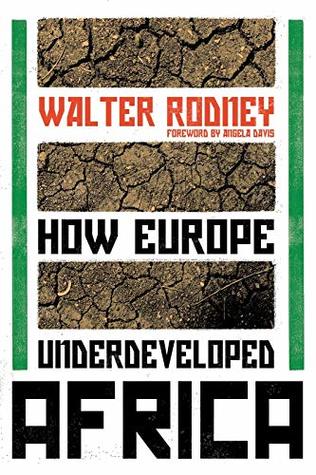More on this book
Community
Kindle Notes & Highlights
But even in the worst financial years, the subsidiaries comprising the UAC were invaluable assets in that they allowed the manufacturing side of Unilever to have control over a guaranteed source of essential raw materials.
Capitalist giants nourished by colonialism and imperialism could afford to do things in a big way.
The underlying connection is that capital seeks domination. It grows and spreads and seeks to get hold of everything in sight. The exploitation of Africa gave European monopoly capital full opportunities to indulge in its tendencies for expansion and domination.
Without colonial troops, there would have been no “British forces” fighting on the Asian front in the 1939–45 war, because the ranks of the British forces were filled with Indians and other colonials, including Africans and West Indians.
In effect, therefore, Africans were fighting Africans to see which European power should rule over them.
Between 1940 and 1965, Firestone took 160 million dollars’ worth of rubber out of Liberia; in return, the Liberian government received 8 million dollars.
Africans had nothing to do with the inherent shortcomings of capitalism, but, when Europeans were in a mess, they had no scruples about intensifying the exploitation of Africa.
Surplus from Africa was partly used to offer a few more benefits to European workers and served as a bribe to make the latter less revolutionary.
In brutally suppressing the Maji Maji War in Tanganyika and in attempting genocide against the Herero people of Namibia (South-West Africa), the German ruling class were getting the experience which they later applied against the Jews and against German workers and progressives.
From every viewpoint other than that of the minority class of capitalists, colonialism was a monstrous institution holding back the liberation of man.


